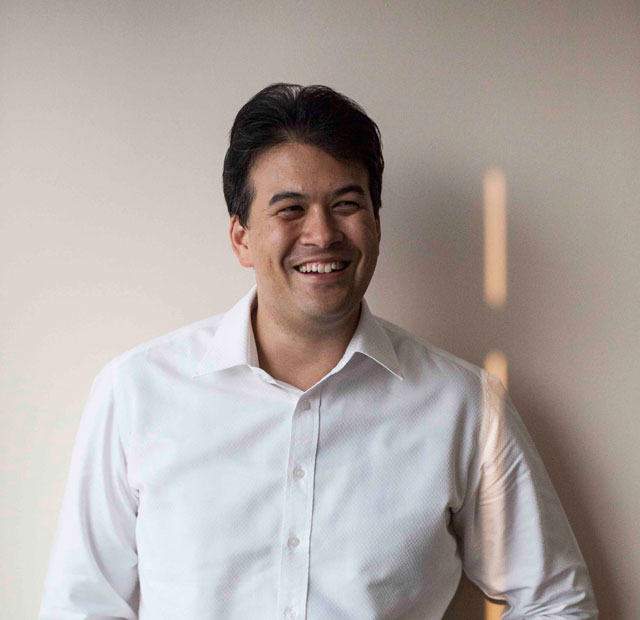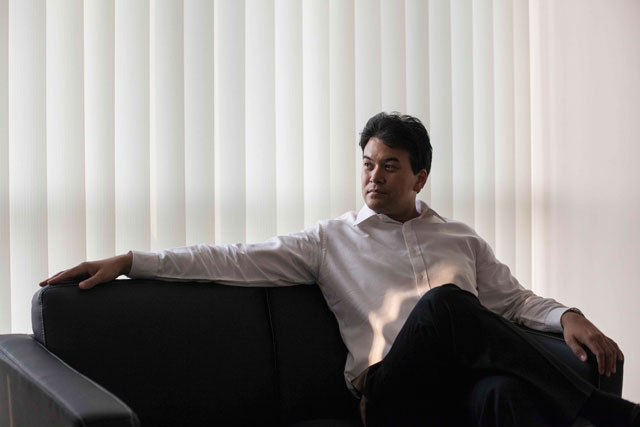Aung Thura, founder and CEO of consulting firm Thura Swiss, talks investment opportunities and stock exchange plans in Myanmar
In which sectors do you see the best opportunities for foreign investors?
I think there are many opportunities in Myanmar and many fields where you can do something. It is just a matter of timing.
If you are in the manufacturing industry where you need reliable infrastructure, it might be a little too early. But if you are in the oil and gas sector, in telecoms, in the infrastructure sector, it is a very interesting time now, especially for building roads, airports and public transportation. Furthermore, the power supply sector as well as the tourism industry is in need of investment.

Photo: Lauren DeCicca for Focus Asean
What are the biggest problems for newcomers?
There are some factors that all companies here in Myanmar have to deal with, such as very high rental prices. The second challenge is to find a qualified workforce and skilled employees, and to also retain them.
We are currently seeing a lot of foreign companies coming to Myanmar and they try to get the best employees. Sometimes they pay triple the salary they would usually pay. The challenge to find human resources and skilled people exists in Myanmar for most investors. Of course, if you are an investor in the manufacturing sector, there are more challenges.
You don’t have the infrastructure. You don’t have a stable power supply. You don’t have very good road access, and so on. This causes problems that other sectors don’t face.
What is your take on the current overall investment climate in Myanmar?
We now have a much more realistic approach, as investors are coming with much more realistic expectations than two years ago. During that time, there were a lot of investors who expected that everything would change very quickly. Nowadays, we don’t see a lot of companies with that attitude anymore.
Is the country ready for the establishment of the Asean Economic Community (AEC)?
I am not very sure about that. In the AEC, there will be countries on the receiving side and countries on the investing side.
This means that the AEC might be quite a challenge for Myanmar. For example, the custom duties will fall away for many products and services, meaning that even before the industry in Myanmar is developed, the custom duties will fall away.
Burmese products might not be competitive any more and maybe it will be a hindrance for the country’s industry to develop, because it might be much cheaper to import products which have been produced in Thailand or in other countries.
What are the political stumbling blocks?
I think Myanmar will be very absorbed in the Asean chairmanship this year. Only a few skilled people drive current reforms, but these people are also working for the Asean chairmanship, so there is only limited capacity. The second problem is that the focus might be more on the elections in 2015 and on the constitutional changes, so the focus might slightly move away from economic reforms.
That is a further crucial aspect. We also see that sometimes before an election the government might have a more nationalistic approach.
Usually we see that the parliament had a more nationalistic approach and attitude than the government had in the past. But in order to be more popular, the government might adapt a more nationalistic approach, too.

Photo: Lauren DeCicca for Focus Asean
Do you believe the stock exchange will be launched at the end of next year?
It is difficult to say, but what Myanmar is pretty much lacking yet is a built capacity, including skilled people and players on the market.
We don’t have institutional investors, we don’t have brokers, we don’t have dealers, we don’t have market makers, we don’t have people who understand how this all works. We don’t have a securities and exchange commission, so a lot of questions are still open.
A stock exchange is not just only the technical infrastructure and the building, it is much more than this. But we don’t see a lot happening
there at the moment.
